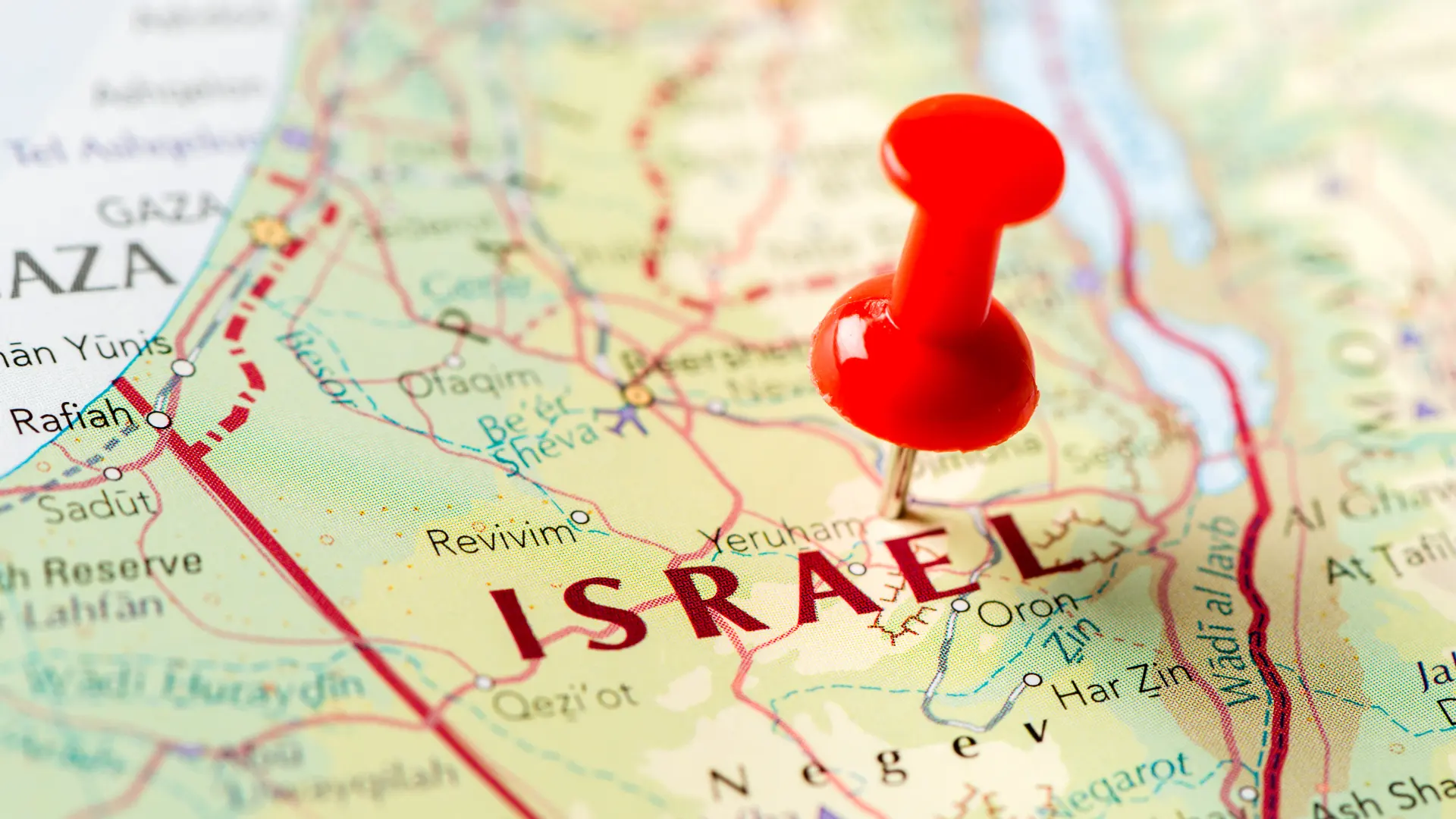The Greater Israel Concept
Biblical, Political, and Geopolitical Dimensions
Key Definitions
- Narrow Definition: Encompasses the internationally recognized State of Israel, including the Golan Heights, West Bank, and Gaza Strip [3].
- Broader Definition: A vast region stretching from the Nile River in Egypt to the Euphrates River in Iraq, potentially including parts of Egypt, Syria, Lebanon, Jordan, and Iraq [1, 3, 4].
Historical Background
The concept of Greater Israel is rooted in biblical promises, particularly in Genesis 15:18-21, where God promises Abraham land "from the river of Egypt to the Euphrates" [1, 4, 8]. Other passages, such as Numbers 34:1-15 and Deuteronomy 11:24, provide varying boundaries for the Promised Land [3, 4]. Throughout history, Jewish leaders and modern Zionist movements have interpreted these texts differently, with some viewing them as spiritual ideals and others as territorial mandates [1, 4, 17]. The idea gained political traction with the rise of Zionism in the late 19th century, particularly through figures like Theodor Herzl, who envisioned a Jewish state extending beyond modern Israel's borders [4, 5, 7].
Modern Implications
- Israeli Political Advocacy: Some Israeli leaders, including Prime Minister Benjamin Netanyahu, have expressed support for a Greater Israel that includes the West Bank, Gaza Strip, and potentially parts of Jordan, Egypt, Syria, and Lebanon [2, 9].
- Far-Right Perspectives: Finance Minister Bezalel Smotrich has advocated for territorial expansion to include Jordan, parts of Syria, Lebanon, Egypt, and Iraq, citing biblical and historical claims [2, 9].
- Settlement Expansion: Policies such as the expansion of settlements in the West Bank, like Ma’ale Adumim, are seen as steps toward realizing Greater Israel, often at the expense of Palestinian statehood prospects [2].
Controversies and Tensions
The Greater Israel concept is highly controversial, criticized for promoting expansionism and undermining Palestinian rights [2, 4, 7]. Proponents argue it fulfills biblical prophecy or enhances national security, while critics highlight violations of international law and increased regional instability [1, 2, 4]. The pursuit of this vision, particularly through settlement expansion and military actions, has been condemned by global organizations like the United Nations [1, 7]. The concept exacerbates tensions with neighboring countries and fuels cycles of violence, complicating peace efforts [1, 2].
Reactions from Muslim Countries
The Greater Israel concept is perceived as a significant threat by many Muslim countries, who view it as an attempt to colonize Arab lands and undermine Palestinian sovereignty [7]. Key reactions include:
- Jordan: Condemned Israeli statements as a "serious and provocative escalation," warning of threats to national sovereignty and violations of international law [2].
- Egypt: Called for clarifications from Israel, expressing concerns over territorial ambitions that include Egyptian land, while reaffirming commitment to peace and the 1967 borders [2].
- Saudi Arabia: Issued strong condemnations, rejecting expansionist ambitions and supporting Palestinian statehood, though responses remain largely rhetorical [2].
- Arab League and Gulf Cooperation Council: Labeled the concept a "violation of sovereignty" and a "threat to collective Arab national security," urging UN Security Council action, though with limited follow-through [2, 9].
- Islamic Perspectives: Muslim scholars argue that the concept misrepresents biblical claims and conflicts with Islamic principles of justice and coexistence, particularly regarding sacred sites like Al-Quds (Jerusalem) [4, 7].
The fear that unchecked Israeli expansion could lead to Muslim countries losing territory has heightened regional tensions, with calls for collective action to protect Palestinian rights and regional stability [7].
Conclusion
The Greater Israel concept, rooted in biblical promises and modern political ideologies, remains a divisive issue. Its varying definitions—from the inclusion of occupied territories to expansive visions encompassing parts of multiple Arab states—fuel controversies and regional tensions. While some Israeli leaders advocate for expansion as a means of security or divine fulfillment, critics, including Muslim countries, view it as a threat to sovereignty and peace. Addressing these challenges requires dialogue and adherence to international law to prevent further escalation and promote stability in the Middle East.
